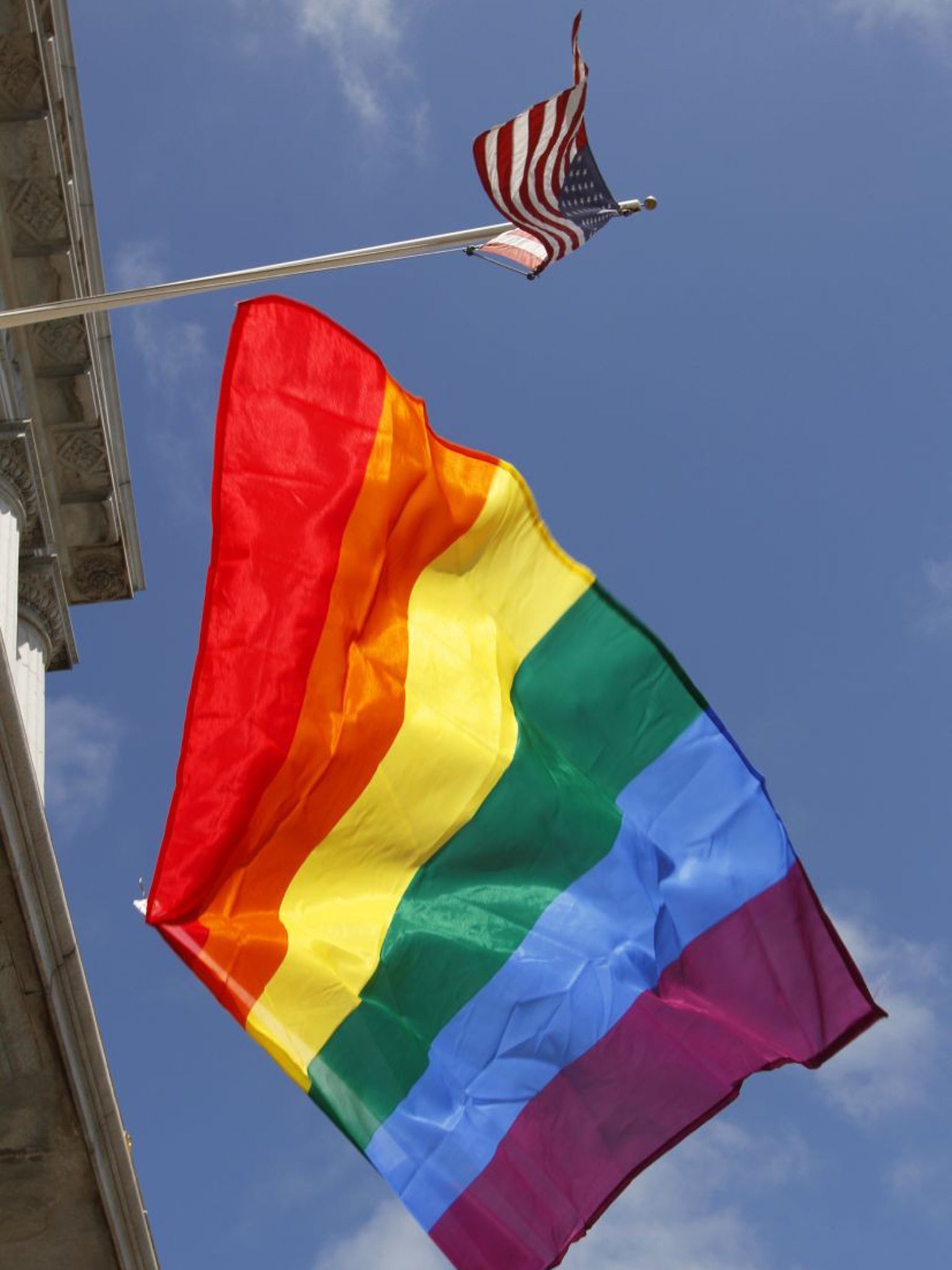
Your support helps us to tell the story
From reproductive rights to climate change to Big Tech, The Independent is on the ground when the story is developing. Whether it's investigating the financials of Elon Musk's pro-Trump PAC or producing our latest documentary, 'The A Word', which shines a light on the American women fighting for reproductive rights, we know how important it is to parse out the facts from the messaging.
At such a critical moment in US history, we need reporters on the ground. Your donation allows us to keep sending journalists to speak to both sides of the story.
The Independent is trusted by Americans across the entire political spectrum. And unlike many other quality news outlets, we choose not to lock Americans out of our reporting and analysis with paywalls. We believe quality journalism should be available to everyone, paid for by those who can afford it.
Your support makes all the difference.The US Supreme Court is set to wade into the national debate over gay marriage after confirming yesterday that it will take up two cases where same-sex couples are denied rights given to heterosexual couples.
While there is no saying which way the court will fall – rulings are not be expected before next summer – the fact of it agreeing to take up the cases sent a tremor of anticipation through America’s gay rights movement. It is possible the Court could issue a ruling that says the right to marry cannot be limited to heterosexuals.
One of the cases involves Proposition 8, the ballot initiative approved by voters in California in 2008 that introduced a state constitutional ban on gay marriage, overturning a ruling by the state supreme court that had allowed gays to marry.
The Supreme Court justices will also turn their attention for the first time to the Defense of Marriage Act, DOMA, a federal law that was signed by former President Bill Clinton. It makes it impossible for gay couples allowed to marry in the states they reside in – gay marriage is now legal or soon will be in nine of the 50 US states – to receive the same federal benefits afforded to straight married couples.
If the justices take a broad view on granting equal marriage rights, the effect could be to overturn the constitutional amendments passed in 31 states that define marriage as strictly been a man and a woman.
Join our commenting forum
Join thought-provoking conversations, follow other Independent readers and see their replies
Comments